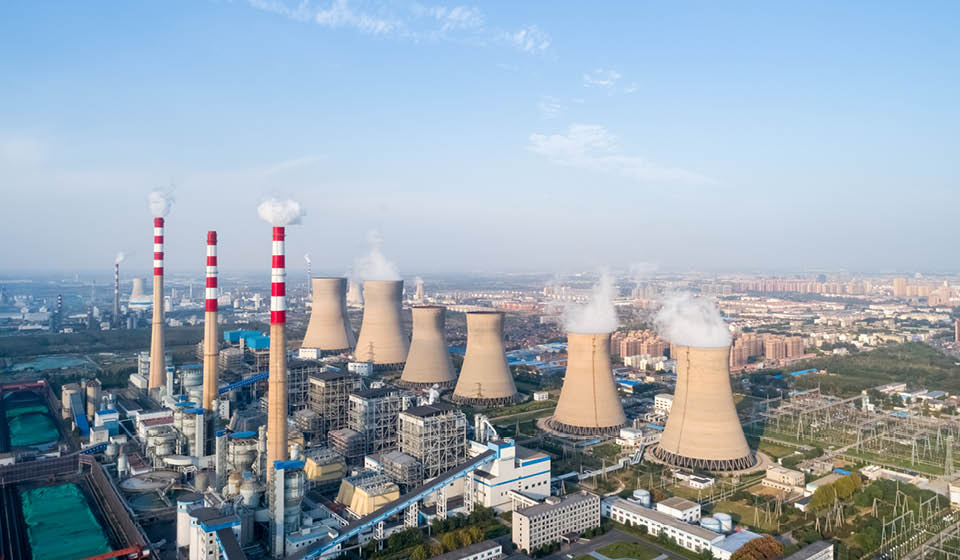
The National Council Committee for the Environment, Spatial Planning and Energy is seeking to ensure that key climate protection instruments are kept in place without interruption. It has prepared a transitional solution until end-2024 for the continuance of the expiring CO2 Act instruments.
The obligation of companies to reduce greenhouse gas emissions as well as the mandatory compensation for the import of thermal fuel would be maintained. This was decided by the Committee of the National Council for the Environment, Spatial Planning and Energy (ESPEC-N). The bill seeks to extend temporary measures under the existing CO2 Act until the end of 2024 (21.477). Failing a transitional solution, importers of thermal fuels would no longer be subject to the CO2 compensation obligation as of 2022. Moreover, companies in certain economic sectors would no longer be entitled to the refund of the CO2 levy when they reduce their emissions.
Switzerland to reduce greenhouse gas emissions by 1.5% every year
The key purpose of the bill is to extend the validity of the reduction target which is due to expire at the end of 2021. The extension will anchor important climate protection measures. The ESPEC-N decided that Switzerland should reduce its greenhouse gas emissions by an additional 1.5% per year compared with 1990 by the end of 2024. The Committee recognises that three quarters of the reduction must be achieved domestically. However, the Committee deems that measures implemented abroad should also be taken into account in achieving the targeted reduction by 2024. The Committee believes that the specified target is realistic. It is also confident that the target can be attained with the existing measures provided the instruments that are due to expire are continued.
Surcharge capped at 5 centimes per litre of fuel
Extending the validity of the reduction target would enable the CO2 compensation measures for fossil fuels to be maintained in force. Moreover, the Committee proposes that, in future, the Federal Council should set the compensation rate depending on CO2 emission trends in transport. This would ensure greater investment security by encouraging fuel importers to start developing new projects and programmes for after 2024 immediately. The cap of five centimes per litre of fuel on the surcharge designed to fund the compensation measures would remain in force. A minority proposed capping the surcharge at 1.5 centimes.
Companies should reduce greenhouse gas emissions by an additional 2% per year
Moreover, companies in certain economic sectors would be able to reduce greenhouse gas emissions until the end of 2024. Companies that reduce their emissions by an additional 2% per year would receive a refund of their CO2 levy. A minority proposed increasing the CO2 levy to CHF 145 per tonne CO2 if the intermediate targets for fossil fuels are not attained.
Others proposed to incorporate various elements from the rejected total revision of the CO2 Act into the bill, including a levy on business and private jets, and an audit of climate-related financial risks by FINMA and SNB.
A more comprehensive follow-up law planned for 2025
The Committee has limited the validity of its brief bill to three years. In 2025, it would be replaced by a successive, more comprehensive law designed to shape Switzerland’s long-term climate policy. The next step is for the National Council to debate the ESPEC-N bill. The final vote on the bill is planned for the 2021 winter session.